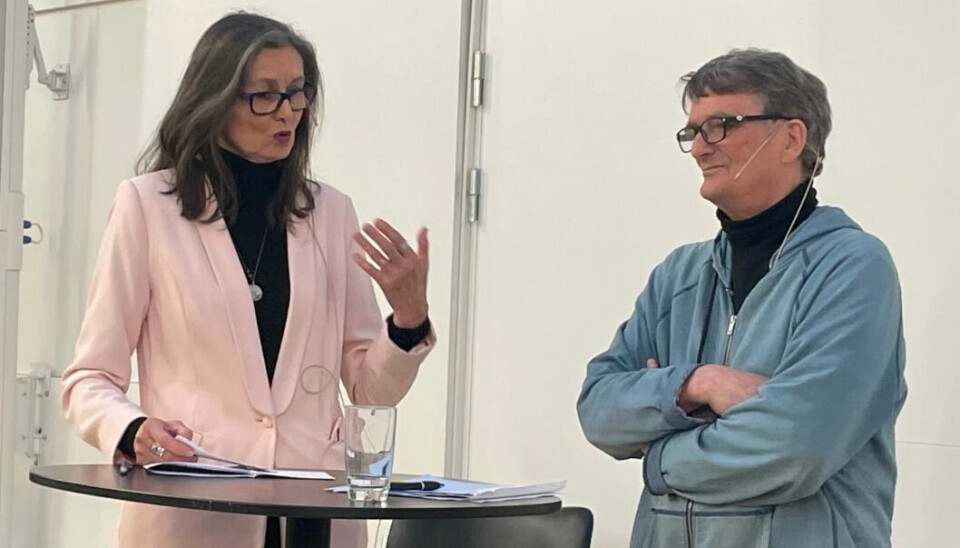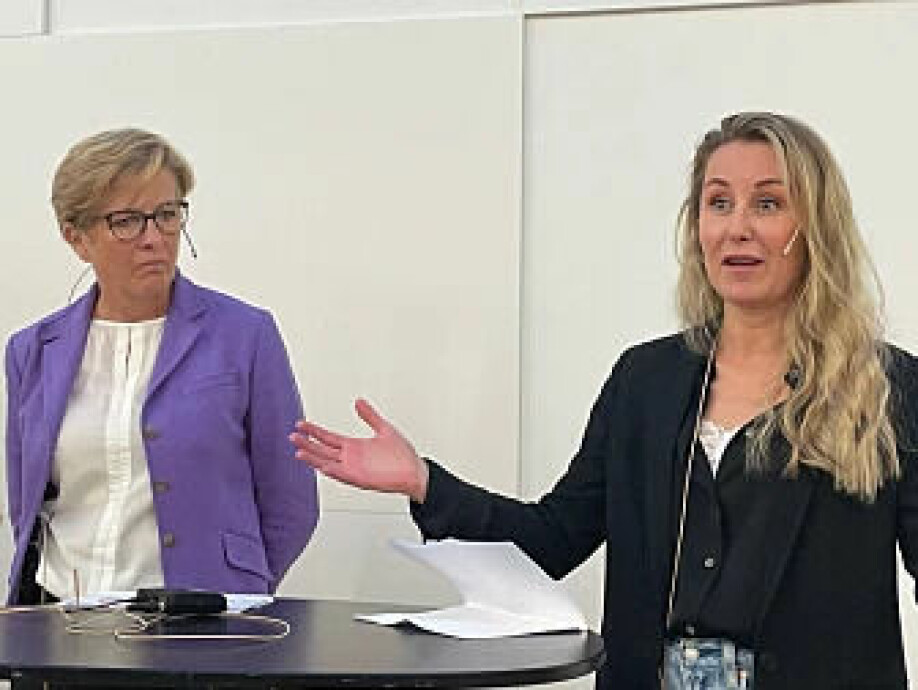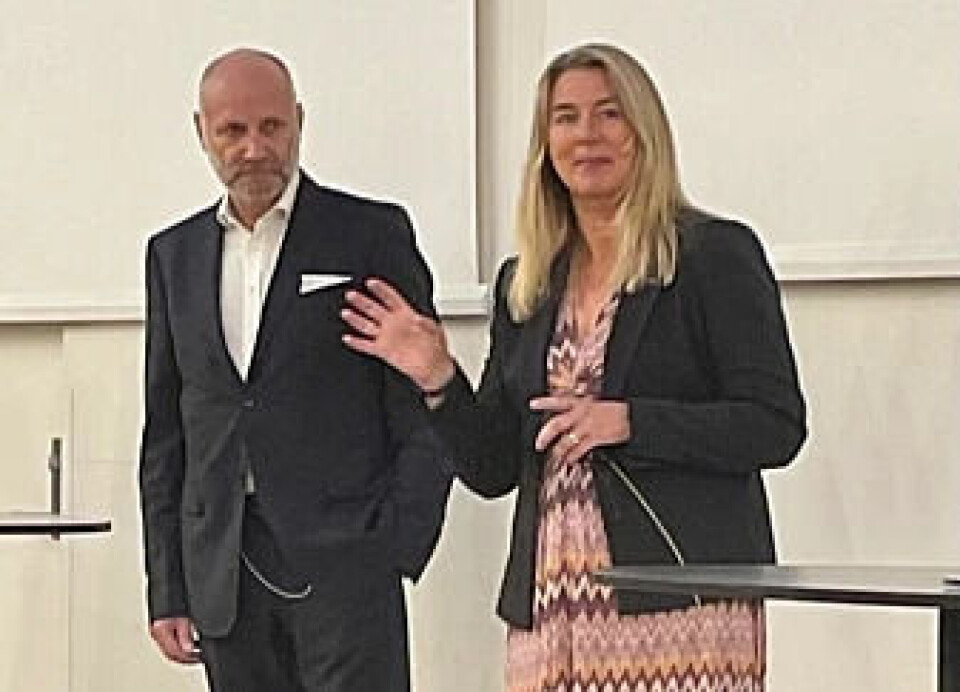
Negative attitudes towards the elderly have a profound effect on society
International research shows that age has become the most widespread basis for discrimination in working life.
Speaking disparagingly of the elderly has become remarkably accepted by society and is often just met with a shrug.
This observation was made by Kari Østerud, director at Norway’s Centre for Senior Policy, at an event in Oslo earlier this month.
Several researchers, managers and social commentators had gathered to discuss discrimination against the elderly.
Elderly people are assigned negative qualities, and even bad attitudes, based solely on their date of birth. If you were born before 1965, you are by definition a racist and climate change denier, Østerud recently wrote in an opinion piece on nrk.no (link in Norwegian).
She is indignant that using such rhetoric about the elderly – that you could never get away with for other groups, like people of colour – is considered so socially acceptable.

Equality for (almost) all
Østerud finds support in the research.
Per Erik Solem, a researcher on ageing at OsloMet, told the seminar participants that research shows that ageism seems to be more accepted than sexism and racism.
“Negative attitudes towards the elderly have a profound effect on society,” he says.
Even people who strongly support equal opportunities for all, only minimally support the fight against age discrimination.
Young, progressive adults believe that the elderly stand in the way of other groups in working life and in society in general.
These were the findings of a study published in 2021 by two American psychologists.
Happening in Norway too
Solem believes this generational struggle in people's consciousness is not limited to the United States.
Norwegian media – even when reporting on research– fully accepts negative writings about the elderly or the use of stereotypes.
Solem cites several examples, including a recent one from the daily newspaper Dagsavisen, which published a Norwegian commentary titled "Old Men's War" on 16 March:
“For over two years, we’ve asked our children and young people to cut back on their life development. Giving up graduation celebrations, football training, parties, even their regular school days. Students have been sitting alone and lonely in dorm rooms in a new city. To save their grandparents. To keep the generation of Putin alive, the person who has now set Europe on fire,” writes commentator Jo Moen Bredeveien.
Why is it okay to use the elderly in this way? asks Solem.
“Is it really Norway’s elderly who should be held responsible for the fact that Russia has attacked Ukraine?”
Spread to working life
Research shows that negative attitudes towards the elderly have also spread to working life.
Even today, with the best labour market in Norway in a very long time, it is still difficult for people approaching the age of 60 to get a new job - even for those with a lot of experience and expertise.
Headhunter Per Andre Marum confirms this finding. He is a partner in the Panamera IMD recruitment firm.
This topic is highly relevant among people who do recruiting, he says.
“Discrimination happens. In addition to being a major personal problem for a lot of people, it’s a major societal problem. We’re missing out on a lot of resources,” he says.
Marum says that people today know that if they want to change jobs, they need to do so before they reach the age of 50.

Based on stereotypes
This is not because managers have bad experiences with older workers.
In fact, most managers have positive perceptions and assessments of older employees, according to the research. Sciencenorway.no has written about this previously.
Nevertheless, more seniors experience age discrimination when applying for a new job. If you are between 58 and 59 years old, managers make it clear that the application should be set aside, even if you are qualified for the job. Research backs this up.
Managers give several explanations and justifications that are based on assumptions, rather than fact-based knowledge.
The reasons they give for explaining why they are sceptical of hiring the elderly are based on negative perceptions and stereotypes, the Centre for Senior Policy writes. The Centre bases their statement on survey responses and qualitative interviews with managers.
Educate managers
Tove Selnes, Executive Vice President of Storebrand, a financial services company, believes that diversity in a company is important.
She said at the seminar that Storebrand has worked to make its managers aware of their prejudices in relation to age, gender, race and body shape. They have also tried what they call ‘colour-blind’ recruitment, where they take away some information about a jobseeker, such as name, age and nationality.
“I think that how old you are doesn’t matter. It's about what you've been doing during those years. What you’ve learned. What you’re like as a person. Your collaborative skills. That’s what we have to focus on,” says Selnes.
In a number of other countries, such as Finland, you never state how old you are on your CV, she says.
“In Norway, we’re enormously focused on age when we recruit,” says Selnes.
———
Read the Norwegian version of this article at forskning.no
































